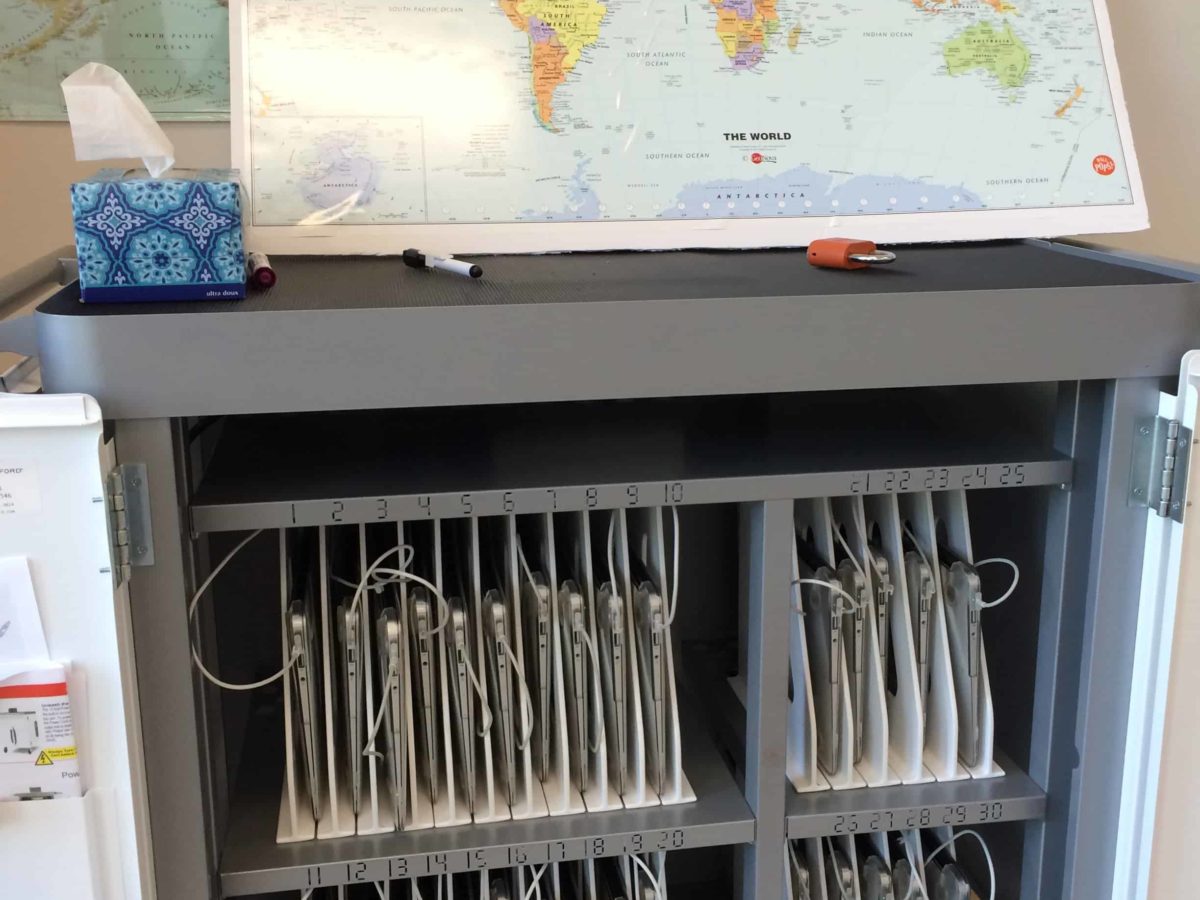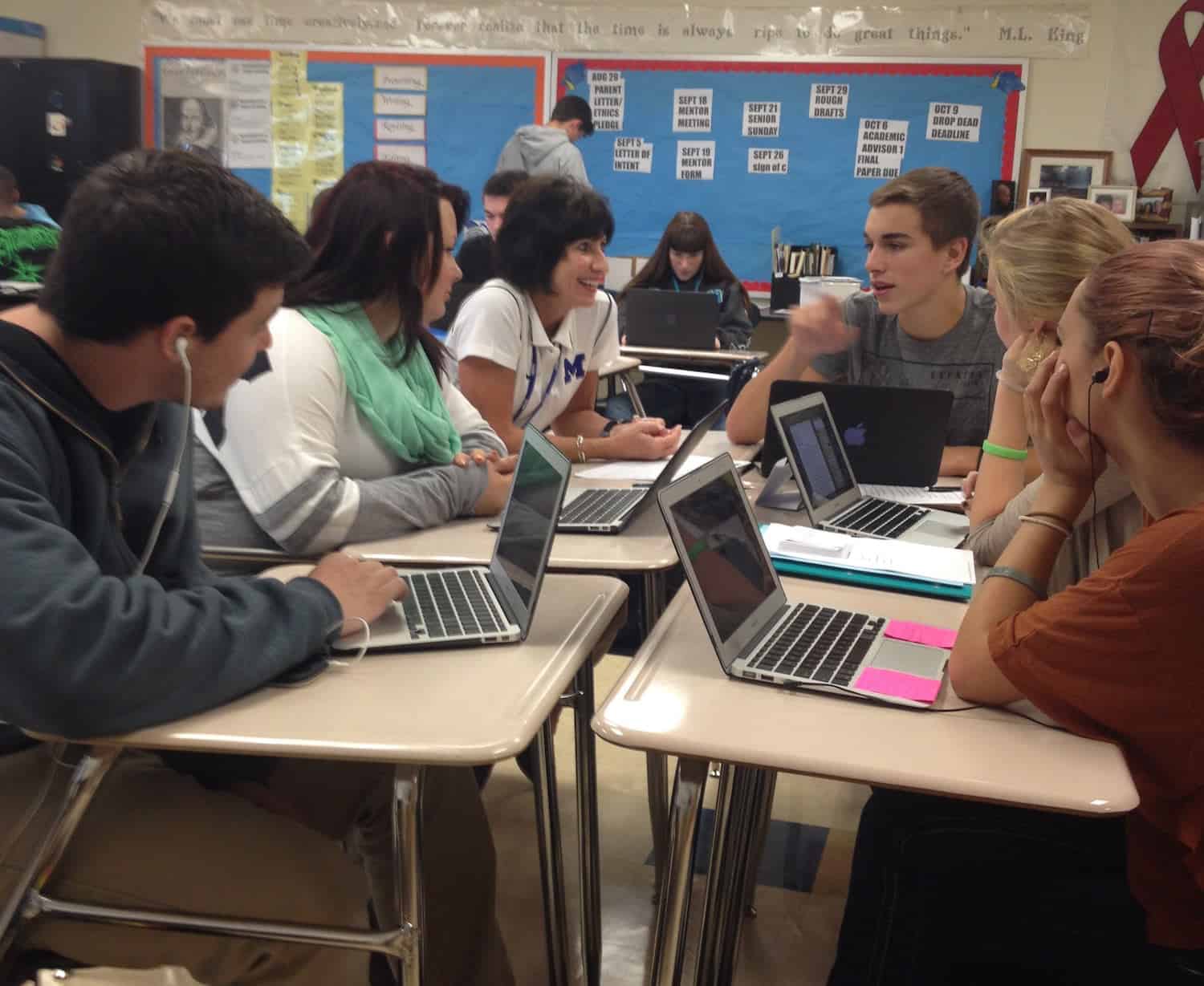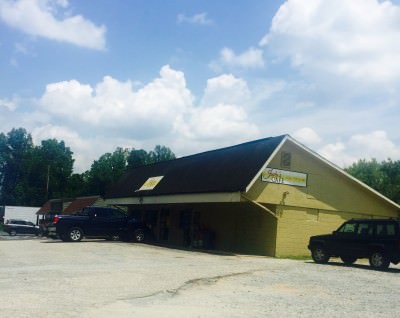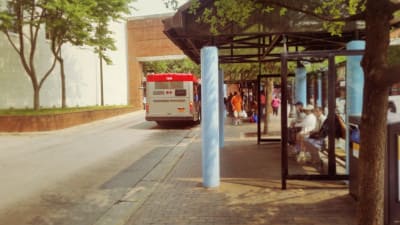

As a former member of the U.S. House of Representatives representing the 5th district for 20 years (1975-1995), I have a few thoughts about education in North Carolina.
I’m hesitant to share them because I live outside of North Carolina now, and I am not in close touch with the politics there. And I know many people know more about education than do I.
But it sure does appear to me that good politics and good policy are exactly the same in the case of digital learning now.
Back in 2007, on “60 Minutes,” there was a feature about One Laptop Per Child, an international initiative developed by MIT’s Nicholas Negroponte to provide simple, inexpensive laptop computers, Internet access, and some instruction to children living in small, rural, isolated villages. So children without access to a teacher or school had access to the world’s information, knowledge, and wisdom. One Laptop Per Child met with some criticism and competition, but the idea lives on in projects like Hello World.
For several years I wondered, why not here in North Carolina?
And then I learned about the Mooresville Graded School District. This district had been doing exactly what I had been thinking about since 2007. No, not exactly — rather more, and more complete, and better. It’s a model for what is possible, now recognized all over the country for innovation and excellence, a model of success in our digital age. To learn more about this school district’s digital conversion, visit this website.


A computer for every kid.
This headline is a win-win for politics and policy in North Carolina.
Too many people in North Carolina are poor. Too many children hungry. Unemployment and underemployment rates are still too high.
We can change this, fix this by improving education, by providing a first-class education for every child, every young person in our state.
Most parents want, more than almost anything, a good education for their children. They know it’s the best ticket to progress, to the future.
Kids love to learn, love challenges, love games…and they love computers.
With a computer and access to the Internet, essentially all of the world’s information, knowledge, and wisdom is available to anyone, anywhere, in real time, and almost all of it is free.
This is the most exciting time for education in the history of the world.
The possibilities are infinite.
With technology, students can see, hear, and experience the world’s greatest art, architecture, and music. They can travel up the great rivers, soar through the most distant reaches of the universe, and dive into the wonders of the seas. Every subject — history, science, literature, business, investing, sports, literature, agriculture, you name it — can be exciting, fascinating, and relevant.
Most importantly, young people will be learning to learn so that education never ends and can be a life-long process. Part of the One Laptop Per Child concept was that students can teach themselves and teach each other.
Although it is important for functioning in today’s culture and workplaces to know how to use the many technology-based tools available, it’s not learning the technology that’s most important. That part is easy. It’s accessing the fabulous possibilities the technology makes available.
For teachers, a whole new world of possibilities awaits.
In 2014, the Mooresville Graded School District spent $7,614.31 per child, 96th of 115 districts in lowest per-pupil expenditures. Providing one-on-one computers doesn’t have to be expensive.
And consider some of the indirect benefits. Most education experts consider parental involvement vital. If kids can take their computers home then parents can more easily become involved, see what’s possible, be better prepared to help, and maybe better educated themselves.
When learning is interesting, relevant, and fun, the Mooresville Graded School District has shown good things can happen. Fewer students dropout. Attendance increases. Kids learn at their own pace. Test scores can go up. Costs can go down.
Our license plates now display the slogan “First in Flight” in recognition of a past accomplishment.
How about “First in Education” for our future?




